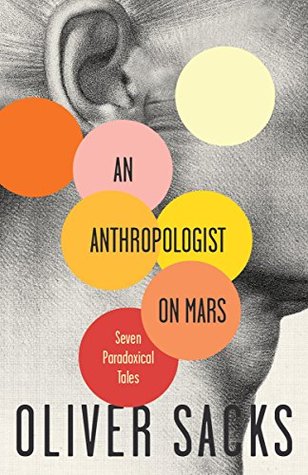But he no longer wants to go home, on weekends, on Thanksgiving, as he so loved to—he must find something sad or repugnant in the fatherless house now, even though he cannot (consciously) remember or articulate this. Clearly he has established an association of sadness.”
This part is so interesting, how he can’t articulate or “remember” his father dying but implicitly he’s behaving as if he does. To me, it suggests our emotions not only resides in our conscious thoughts but also guides our behaviors separate from conscious thoughts. That you can behave in a way you may not completely register or understand based on how you feel, even when you’re not consciously aware of these emotions.


